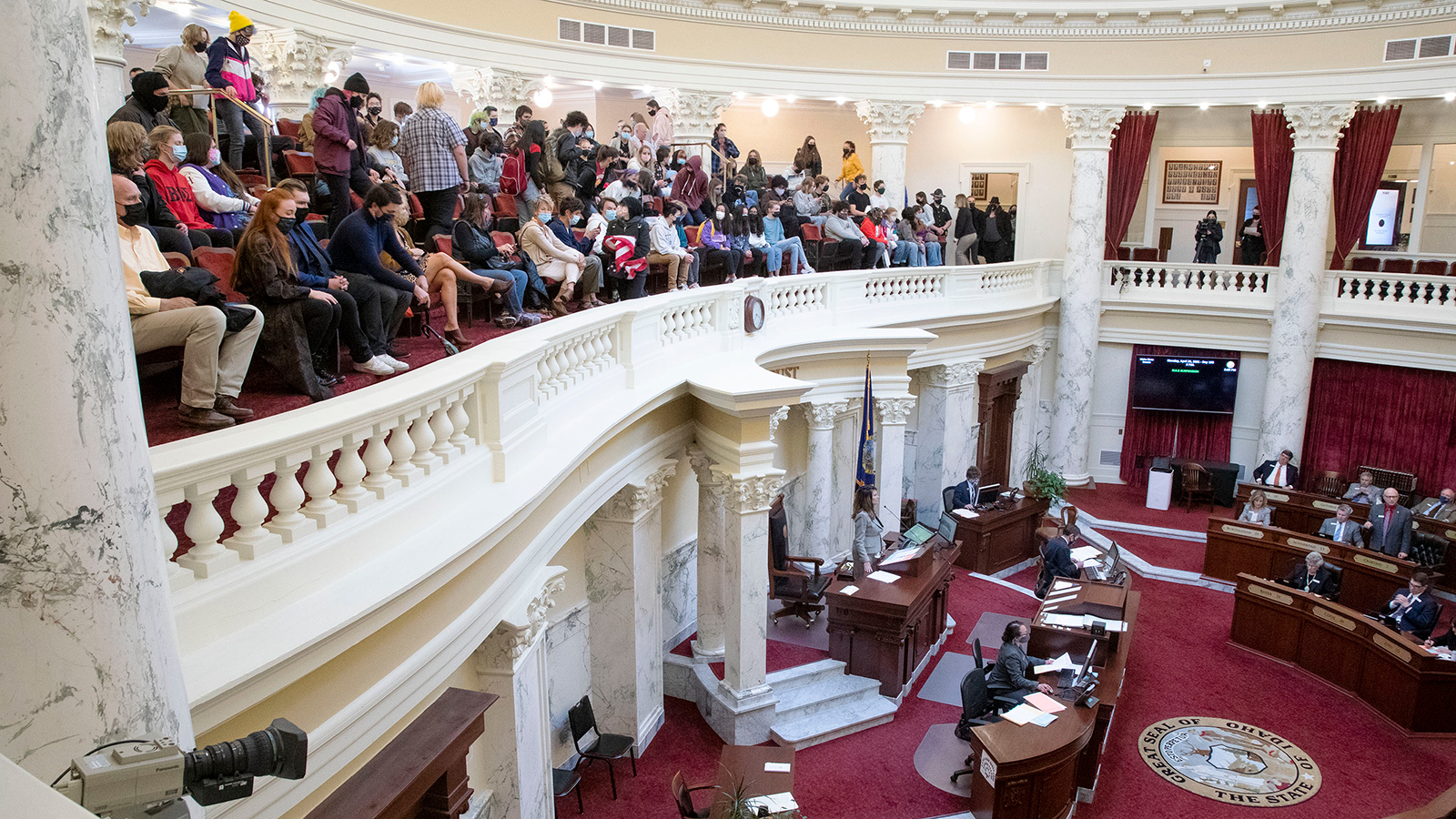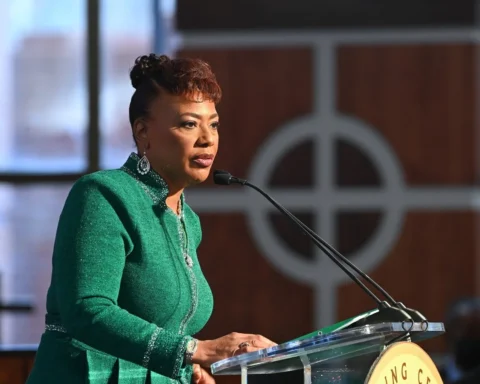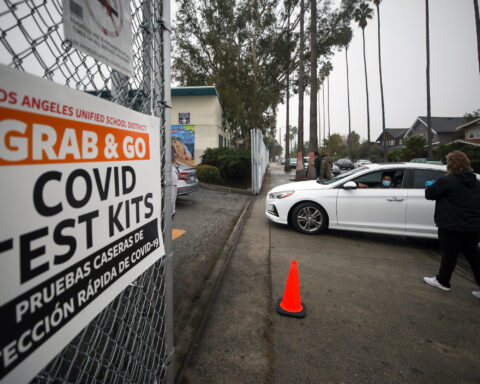As some public school districts move toward embracing critical race theory in their curriculums, others — like in Idaho — are doing the opposite.
Idaho lawmakers have advanced a bill that would prohibit public schools, including public universities, from teaching that “any sex, race, ethnicity, religion, color, or national origin is inherently superior or inferior,” which, according to the bill, is often found in “critical race theory.”
It also prohibits teachings arguing that “individuals, by virtue of sex, race, ethnicity, religion, color, or national origin, are inherently responsible for actions committed in the past by other members of the same sex, race, ethnicity, religion, color, or national origin.”
Critical race theory and teachings like it “exacerbate and inflame divisions on the basis of sex, race, ethnicity, religion, color, national origin, or other criteria in ways contrary to the unity of the nation and the well-being of the state of Idaho and its citizens,” the bill reads. Proponents have argued that students are being indoctrinated.
The bill, HB 377, passed the state House last week and the Senate Monday. It now awaits the governor’s signature.
Critical race theory has become politicized in recent months, with proponents arguing the area of study is based on Marxism and a threat to the American way of life. But the study, according to scholars, explores the ways in which a history of inequality and racism in the US have continued to impact American society today.
“It’s an approach to grappling with a history of White supremacy that rejects the belief that what’s in the past is in the past and that the laws and systems that grow from that past are detached from it,” Kimberlé Crenshaw, a founding critical race theorist and a law professor at UCLA and Columbia universities, told CNN last year.
Though the bill references critical race theory specifically, Idaho state Rep. Julianne Young and Sen. Carl Crabtree, both sponsors of the bill, claim the legislation does not prohibit any specific subject.
“There are concerns that, in isolated instances, students have felt intimidated or coerced into certain ideologies. Every student deserves a learning environment where they can think freely and learn without prejudice,” Crabtree said in an email to CNN.
In a separate email to CNN, Young claimed that critical race theorists teach discrimination.
“I support teaching in the classroom that values history and experience, encourages compassion, and treats every individual with respect,” Young wrote.
Some experts in the state say the bill is looking for a problem that doesn’t actually exist.
“The passage of HB 377 and the accompanying insinuations about Idaho teachers are very disappointing,” said Layne McInelly, president of the Idaho Education Association, in a statement. “This is a ‘monster under the bed’ problem brought about by a false and misleading narrative that some legislators have willfully conflated. They aim to diminish the public’s trust in our teachers and schools, just to come back next year and push to privatize education.”
The bill has become a high-profile issue in the state, as dozens of Idaho students and teachers protested peacefully on the steps of the state legislature on Monday before the Senate vote, and filled the Senate gallery during the debate.
“We have a group that’s put out public comments that our teachers are brainwashing our children with a liberal, leftist indoctrination and that’s simply not true,” Idaho state Sen. Janie Ward-Engelking said during the debate, according to CNN affiliate KIVI.
Meanwhile, Idaho Lt. Gov. Janice McGeachin announced a task force earlier this month, aiming to “examine indoctrination in Idaho education and to protect our young people from the scourge of critical race theory, socialism, communism, and Marxism.”
“As I have traveled around the state and spoken with constituents and parents, it has become clear to me that this is one of the most significant threats facing our society today,” McGeachin said in a news release. “We must find where these insidious theories and philosophies are lurking and excise them from our education system.”
Across the country, public school entities are considering the inclusion of aspects of race education in school curriculums. In March, after years of debate, California approved an optional ethnic studies model curriculum for districts to employ if they so choose.
“By affirming the identities and contributions of marginalized groups in our society, ethnic studies helps students see themselves and each other as part of the narrative of the United States,” a draft of the California curriculum reads. “Importantly, this helps students see themselves as active agents in the interethnic bridge-building process we call American life.”
Other locales have made similar moves. Last year, Connecticut announced it will require high schools to offer African American, Black, Puerto Rican and Latino studies, becoming the first state in the nation to do so. Also last year, the San Francisco school board approved the development of a K-12 curriculum in Black Studies.
And yet, the area of study has been weaponized by some Republican lawmakers. In September, former President Donald Trump called critical race theory “divisive, anti-American propaganda,” language similar to that found in HB 377.
“Students in our universities are inundated with critical race theory. This is a Marxist doctrine holding that America is a wicked and racist nation, that even young children are complicit in oppression, and that our entire society must be radically transformed,” Trump said at the time.





